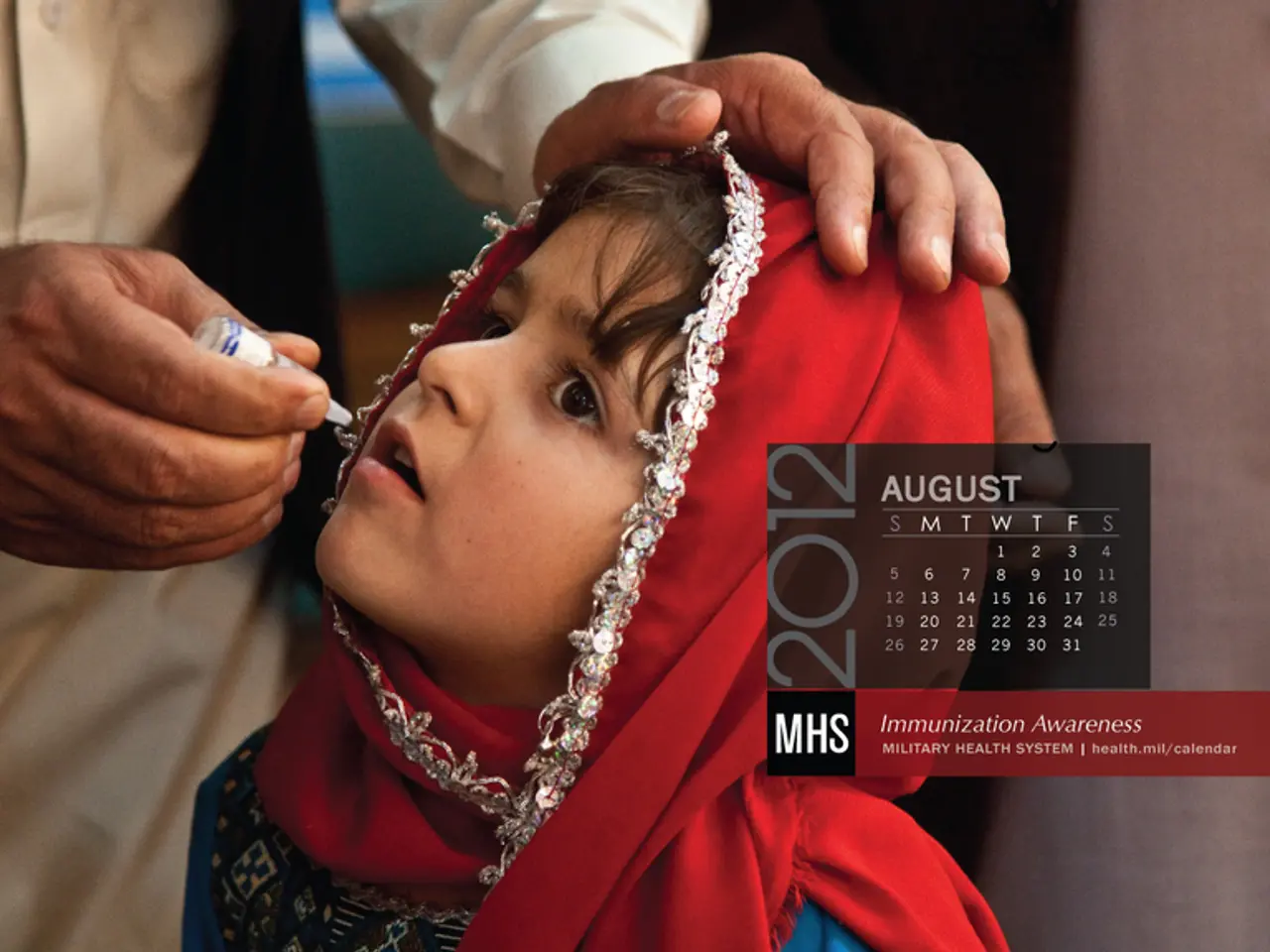"What Implications Does the Pfizer Vaccine's Complete FDA Approval Hold for the Ongoing Covid-19 Pandemic, According to Bioethicists?"
The Pfizer COVID-19 vaccine has received full FDA approval, marking a significant milestone in the fight against the global pandemic. However, this approval does not erase the concerns and challenges that have arisen during the vaccination process.
Two out of ten unvaccinated adults are expected to be vaccinated following the FDA's decision, but the fate of the remaining seven out of ten remains uncertain. The apprehension over the vaccine was partly due to its expedited development and initial administration under the Emergency Use Authorization (EUA). Concerns for conflict of interests in FDA officials and financial gain from pharmaceutical companies may cause doubts in the population when interpreting the meaning of full approval. The FDA approval does not clarify the reasons behind its fast-track development, further fueling these concerns.
The common denominator in all challenges related to COVID-19 vaccination is public distrust. Misinformation spread through social media has posed a significant challenge during the pandemic. The main actors involved in the dissemination and communication of the COVID-19 vaccine in the USA include government agencies (such as the FDA and CDC), social media platforms, politicians, media outlets, and various public figures. After the full FDA approval, these actors face amplified scrutiny and influence as official authorization legitimizes the vaccine. However, polarization and mistrust in media and institutions complicate effective communication, with misinformation spreading especially via social media channels like TikTok, Facebook, and Telegram.
Vaccines have been shown to decrease infection rate, morbidity, and mortality. Yet, controversies surrounding vaccination, such as right to liberty, hesitancy, and skepticism, have also applied to COVID-19 vaccines. Mandating vaccination does not bypass the individual obligation/duty vs public health safety dilemma. In fact, it raises ethical concerns, such as disparities and discrimination against vulnerable populations.
For the FDA approval of a COVID-19 vaccine to mean anything for marginalized communities, we must shift our priorities to a focus on reparative and distributive justice. A history of redlining systematically excluded Black Americans from access to goods that still affect these communities today, making equitable access to vaccines an important consideration.
Public health interventions can improve their success if they have solid communication strategies and deliver transparent information. Vivian V. Altiery De Jesus, MD, MBE and Shika Kalevor, MBE, BSN, RN, bioethicists featured in this article, emphasize the importance of addressing the concerns of all communities and building trust through open dialogue and education.
The development of COVID-19 vaccines took roughly 11 months from development to distribution. Previous coronavirus research, international cooperation, and substantial funding contributed to the quick development of COVID-19 vaccines. Despite this, the focus after approval should not be on mandating or not mandating vaccination, but rather on improving public trust.
Over 4 million deaths worldwide have been caused by the COVID-19 virus. As we move forward, it is crucial to address the challenges posed by the pandemic and work towards building a more equitable and informed society.
Read also:
- Hospital's Enhancement of Outpatient Services Alleviates Emergency Department Strain
- Increased Chikungunya infections in UK travelers prompt mosquito bite caution
- Kazakhstan's Deputy Prime Minister holds discussions on the prevailing circumstances in Almaty
- In the state, Kaiser Permanente boasts the top-ranked health insurance program





